
The IEK-CHANGES project builds on, and is informed by, long-term relationships of collaboration, trust and reciprocity with the Tsimane’ Indigenous Peoples
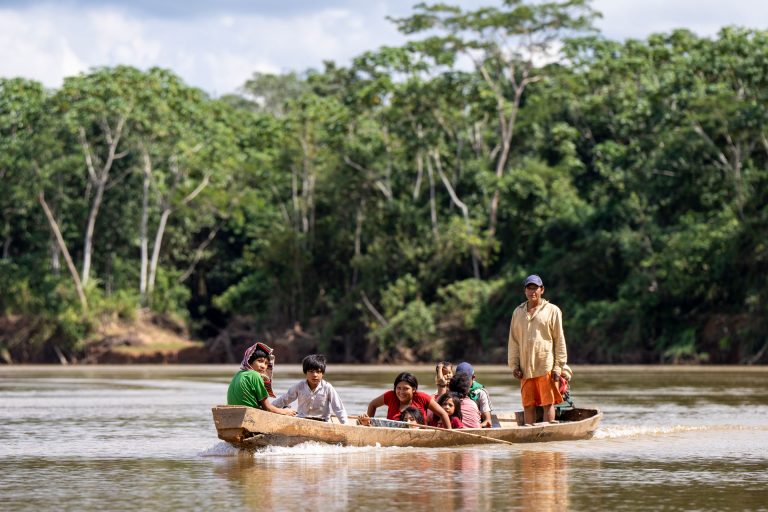
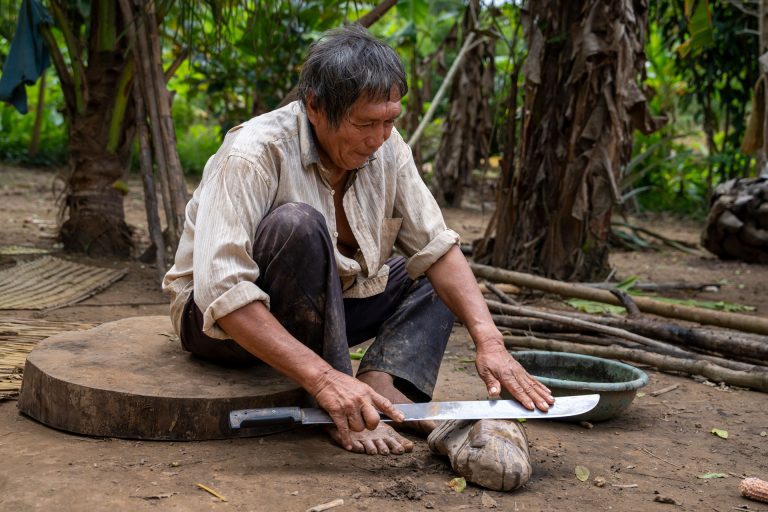
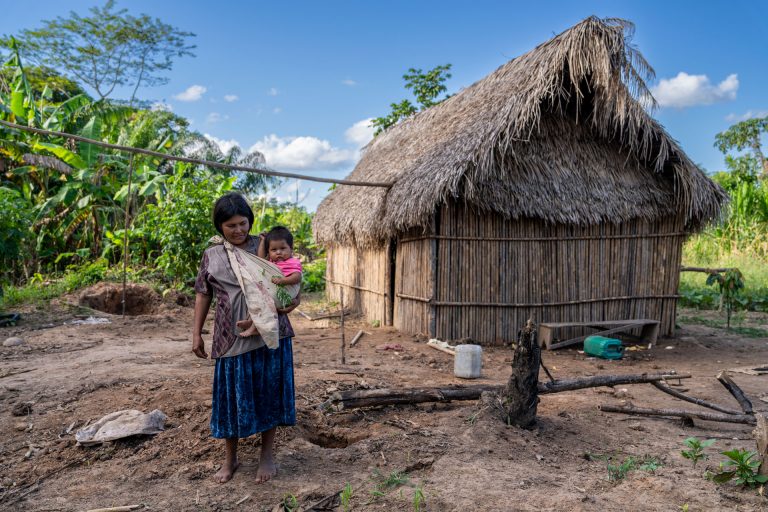
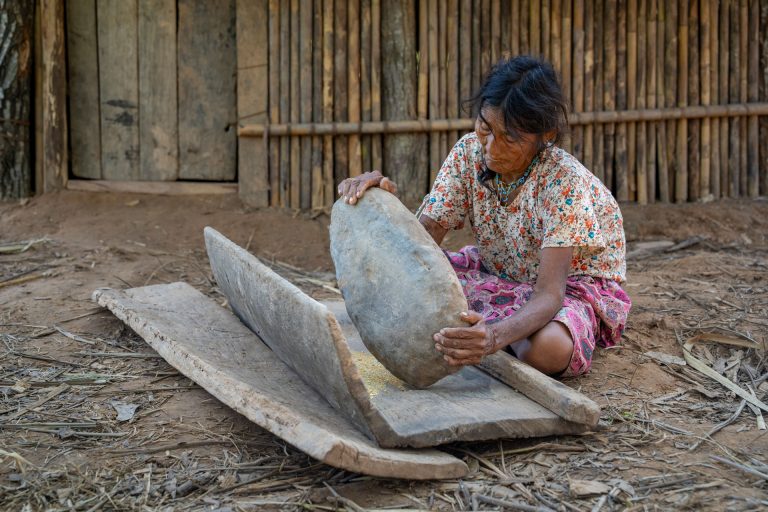
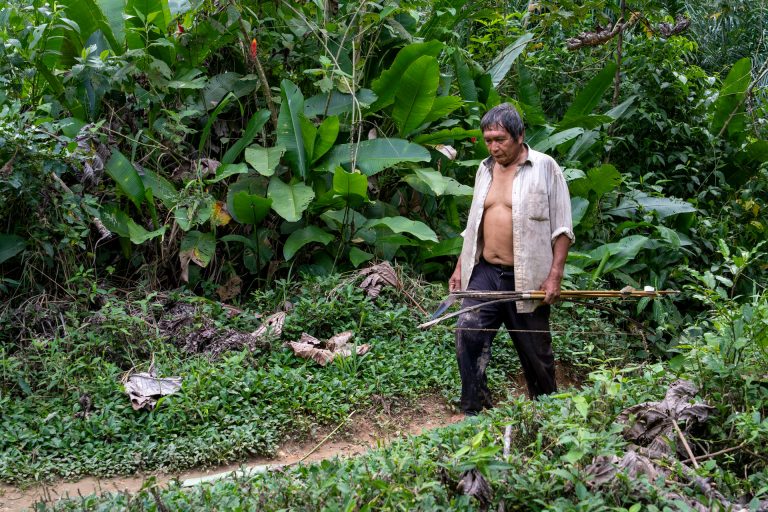
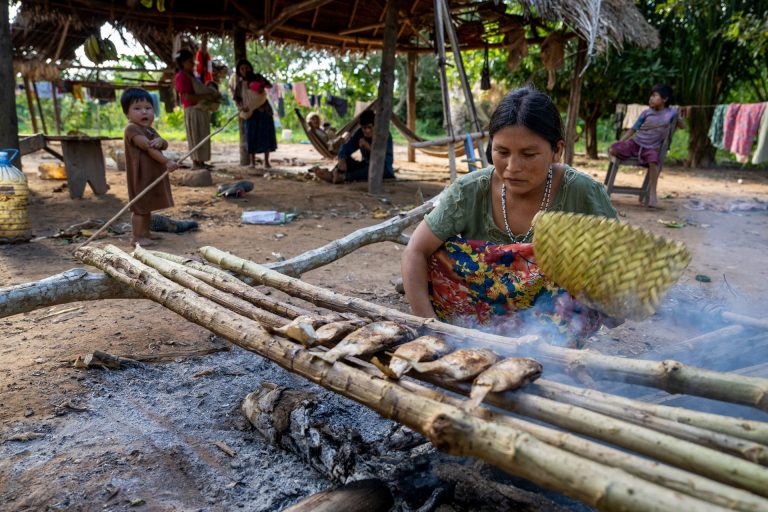
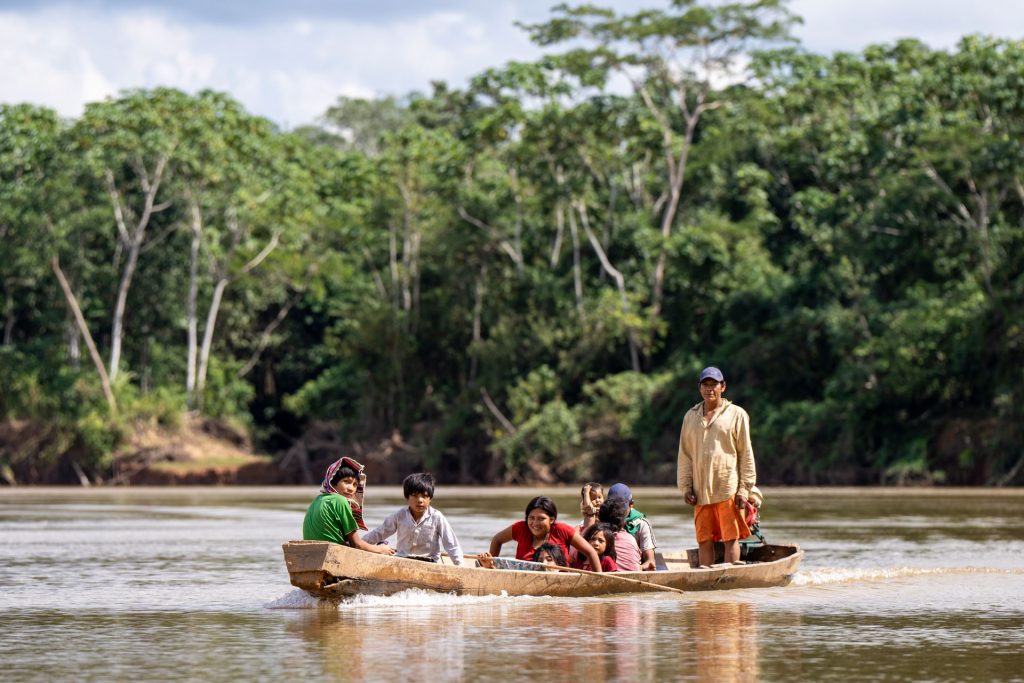
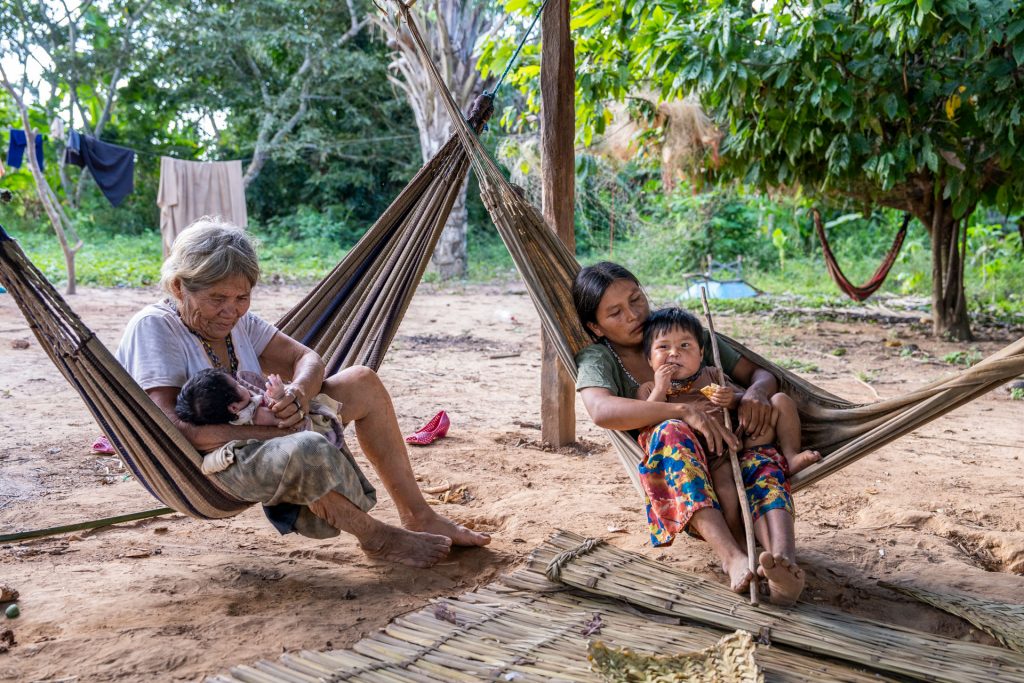
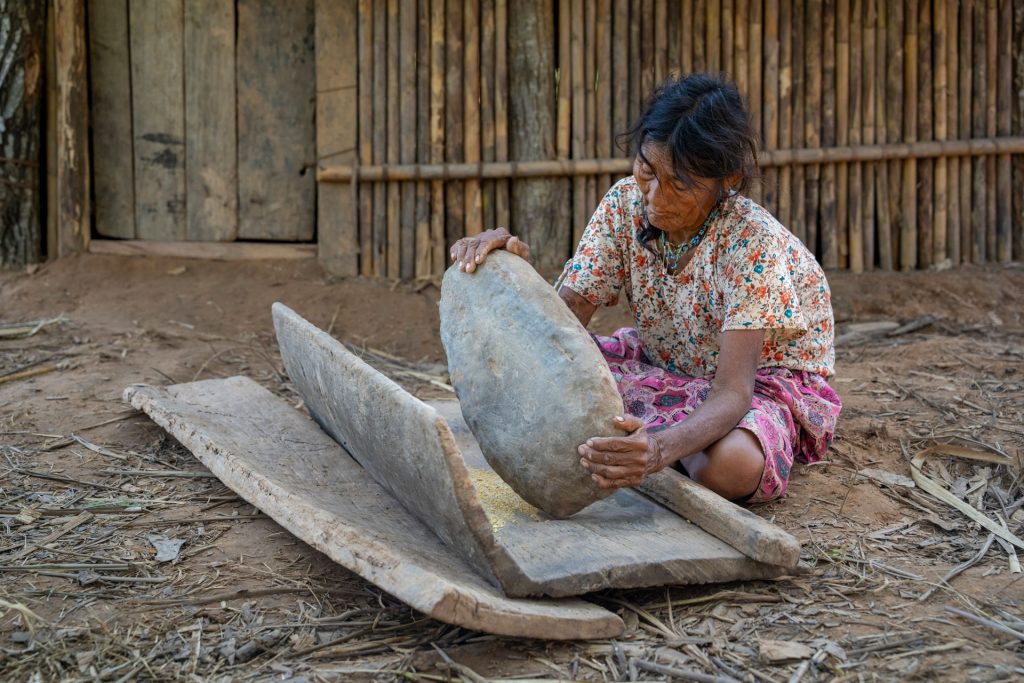
The Tsimane’ are an Indigenous people who live in the southwestern part of the Beni department, deep in the Bolivian Amazon. Numbering around 14,000 today, the Tsimane’ maintain a close relationship with their forests, rivers, and wildlife. Their language belongs to the Mosetén-Tsimane’ linguistic branch, and like many Indigenous languages around the world, it is under threat.
For centuries, the Tsimane’ have cultivated a way of life rooted in reciprocity with their lands and in knowledge passed down through generations. Hunting, fishing, small-scale farming, and forest gathering are not just livelihoods, but practices intertwined with cultural, spiritual, and communal life. Their deep ecological knowledge reflects an intimate understanding of the complex interconnections that sustain the Amazon.

Over the last decades, the Tsimane’ have faced profound disruptions. Road construction, logging, land tenure conflicts, and colonization pressures have reshaped their territories. These changes have led to less available game, deforestation, and the erosion of traditional governance systems. Alongside material pressures, the Tsimane’ have also endured the colonization of their cosmologies and worldviews, sometimes accompanied by violence.
These processes have fragmented and undermined ecological knowledge that has been carefully built over centuries. As many other Indigenous communities worldwide, the Tsimane’ are navigating the many pressures that threaten both their cultural continuity and the extraordinary biodiversity found in their homelands.

Despite these challenges, the Tsimane’ are not passive in the face of change. They are actively engaged in programs of language and cultural revitalization, while continuing to care for their forests, rivers, and lands. Their resilience is expressed in efforts to strengthen biocultural heritage and to pass on knowledge to younger generations.
The IEK-CHANGES project is built on partnership with the Tsimane’ people. Together, we study how changes in Indigenous environmental knowledge affect biodiversity, while also creating space for the Tsimane’ to guide and shape this research through co-production of knowledge. Beyond documenting challenges and pressures, our collaboration seeks to support the aspirations of the Tsimane’ people: to safeguard their language, culture, and highly biodiverse homelands for future generations.
















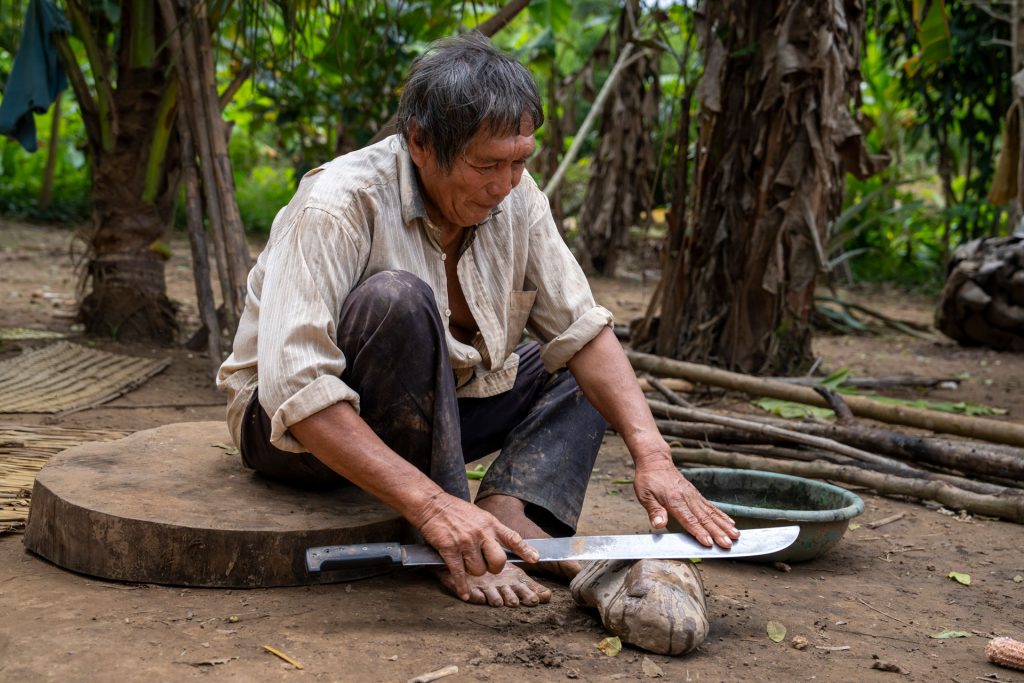

Despite these challenges, the Tsimane’ are not passive in the face of change. They are actively engaged in programs of language and cultural revitalization, while continuing to care for their forests, rivers, and lands. Their resilience is expressed in efforts to strengthen biocultural heritage and to pass on knowledge to younger generations.
The IEK-CHANGES project is built on partnership with the Tsimane’ people. Together, we study how changes in Indigenous environmental knowledge affect biodiversity, while also creating space for the Tsimane’ to guide and shape this research through co-production of knowledge. Beyond documenting challenges and pressures, our collaboration seeks to support the aspirations of the Tsimane’ people: to safeguard their language, culture, and highly biodiverse homelands for future generations.

This setting provides us with an extraordinary natural experiment on the potentially detrimental effects of IEK changes on biodiversity, and a unique opportunity to answer the research questions of the IEK-CHANGES project. Importantly, this project will open space for the Tsimane’ community to shape the research project through different processes of knowledge co-production and collaboration.

The IEK-CHANGES project is an ERC Starting Grant funded by the European Union (IEK-CHANGES, 101117423) to Dr. Álvaro Fernández-Llamazares.
Views and opinions expressed are however those of the author(s) only and do not necessarily reflect those of the European Union or the European Research Council Executive Agency. Neither the European Union nor the granting authority can be held responsible for them.